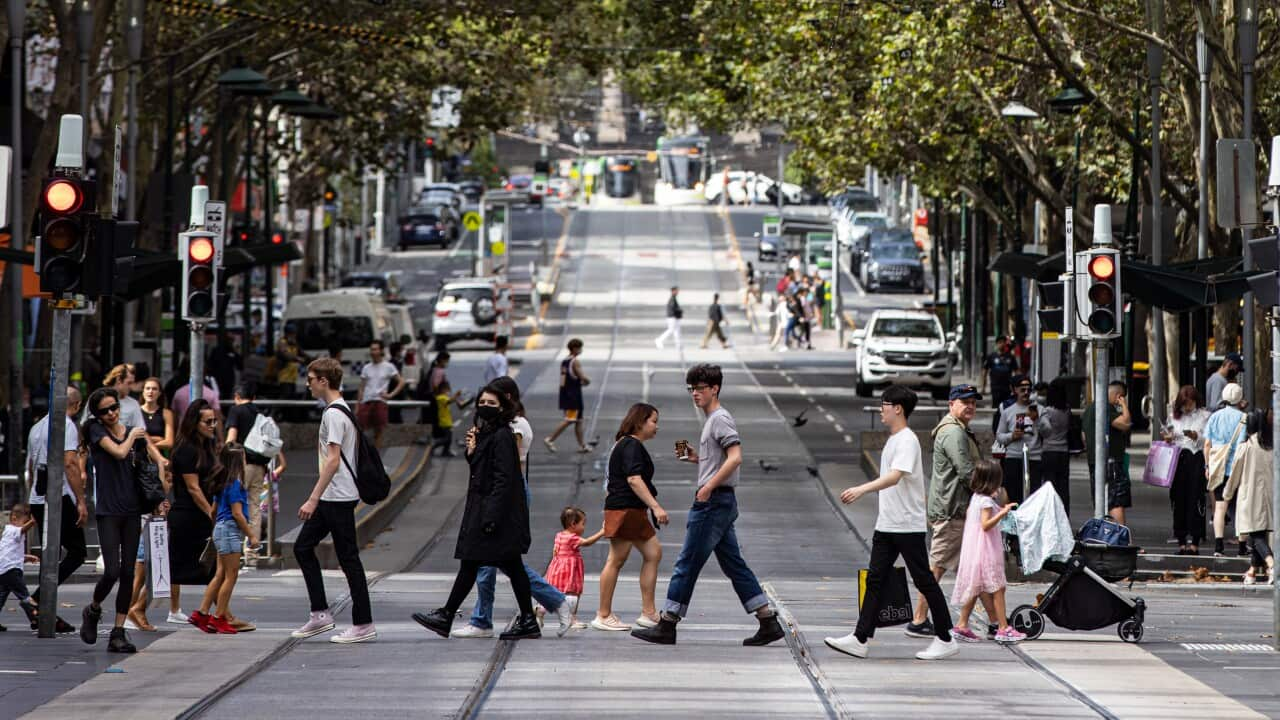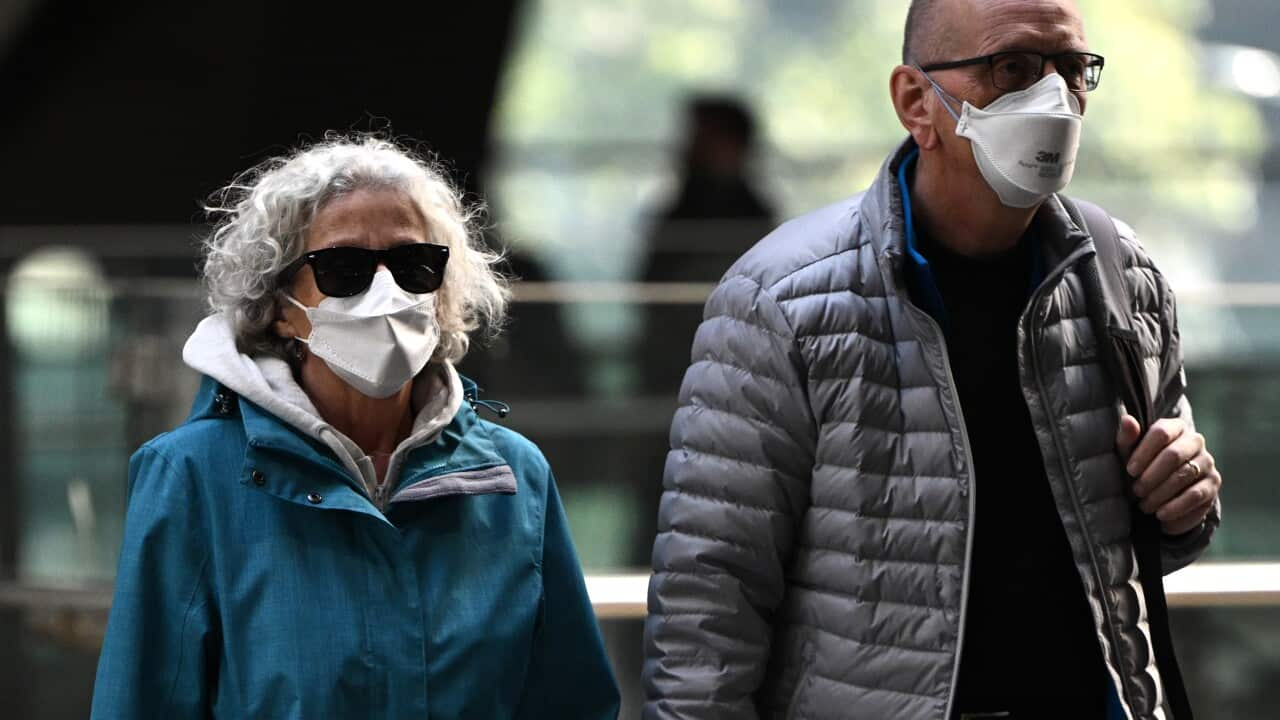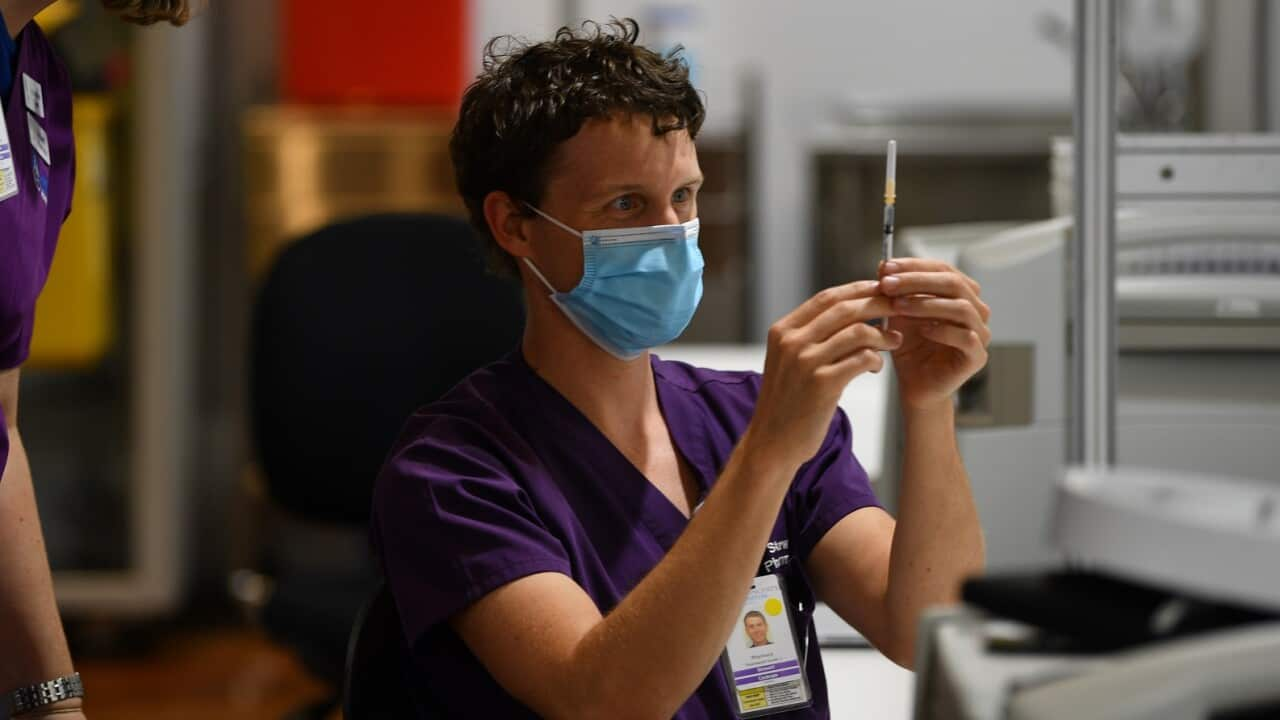Key Points
- Cutting the COVID-19 isolation period could increase cases and may be counter-intuitive to fixing workforce shortages
- Albanese announced the mandatory isolation period would be cut from seven to five days.
The president of the Australian Medical Association (AMA) has warned the government its move to shorten COVID-19 isolation periods could exacerbate workforce shortages.
Following a National Cabinet meeting on Wednesday, Prime Minister Anthony Albanese announced the mandatory isolation period, except for workers in high-risk settings, would be .
Mr Albanese said it was an appropriate decision based on health advice provided to National Cabinet, and added that there aren't isolation mandates for the flu or other illnesses.
Meanwhile, NSW Dominic Perrottet, , on Thursday said the nation needs to move away from public health orders, to a system where individual employees judge whether they're well enough to go to work.
But AMA president Professor Steve Robson said the decision may be counter-intuitive to .
"It's got the potential to (increase cases)," Prof Robson said.
"The best information we have at the moment is up to a third of people, even if they feel well, and don't have any symptoms are potentially infectious.
"If you're making the decision to increase the workforce availability, decreasing pressures, you've got to be very careful you're not doing the exact opposite."
Prof Robson said COVID-19 is a multi-system disease and couldn't be treated the same as the cold or flu.
"It's a complete furphy to think that COVID is the same as the flu or cold and this is a dialogue we're hearing around the place," he said.
"We're seeing huge effects on the workforce from long COVID at the moment. So it's very different to other infectious diseases, and it needs to be treated differently."
But leading epidemiologist Catherine Bennett said it is unlikely there would be more infectious people in the community, given about one in three people know they have an infection and are isolating.
New data revealed 75 per cent of people had cleared the virus by seven days, Professor Bennett said.
National Cabinet urged to release health advice on shorter isolation period
Prof Robson has also called on National Cabinet to release the health advice underpinning the decision, saying the organisation wasn't consulted about the change.
"The consultation going on at the moment, we're not sure who it's with," he said.
"They're not releasing that advice. We would love to see it. Most doctors around the country are scratching their heads on what this advice is."

Prime Minister Anthony Albanese said the move to reduce the isolation period down from seven days, except for workers in high-risk settings, was appropriate based on the health advice. Source: AAP / Dan Himbrechts
The reduction in isolation requirements for people who no longer have symptoms will come into effect from 9 September.
The will also move to cover the same five-day isolation period from that same date.
Leaders will meet in a fortnight to discuss the future of paid pandemic leave, which is due to wrap up at the end of this month.











